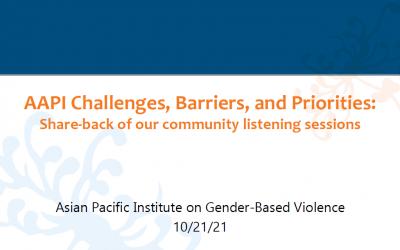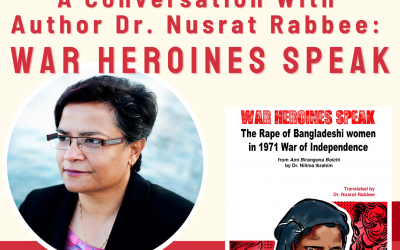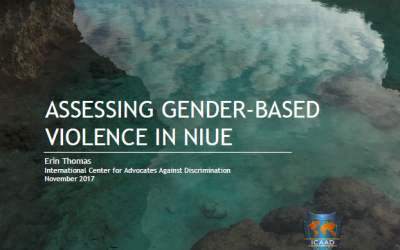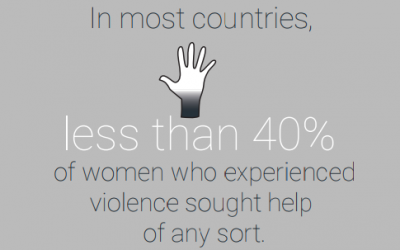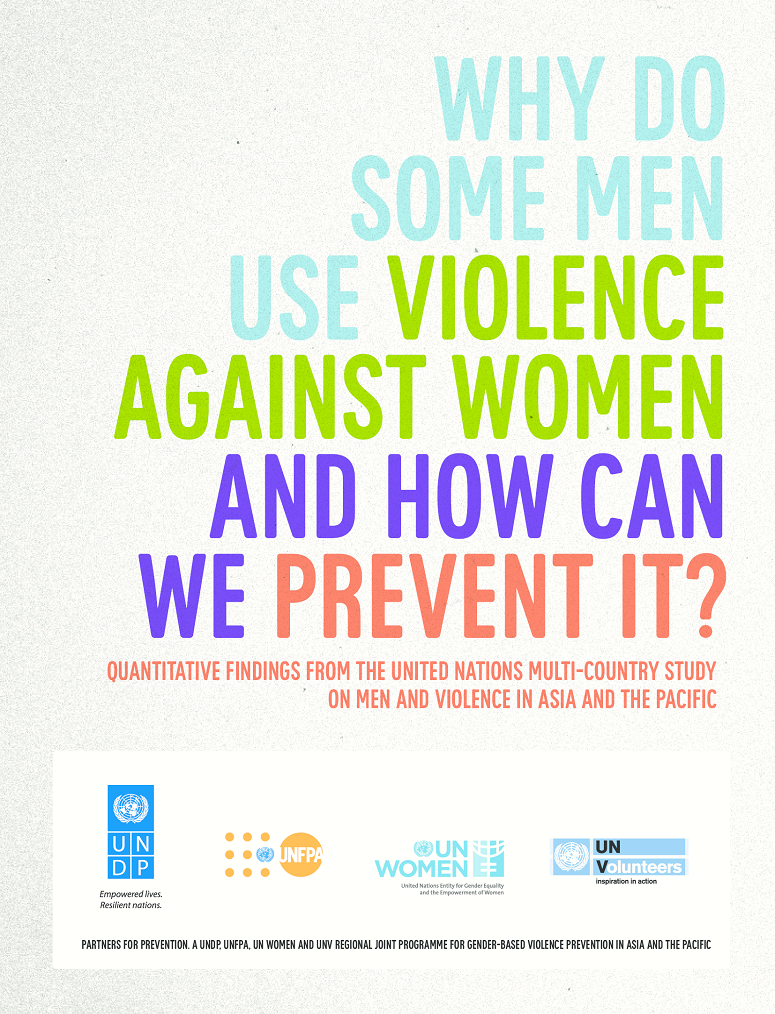This report shares findings from UN Multi-country Study on Men and Violence in Asia and the Pacific, undertaken by Partners for Prevention, a joint program of four United Nations agencies—the United Nations Development Programme, the United Nations Population Fund, the United Nations Entity for Gender Equality and the Empowerment of Women and United Nations Volunteers. 10,000 men and 3,000 women participated in the study, making it the largest multi-country data set on men’s perpetration of violence against women conducted so far.
Recommendations “include entry points for change” with specific policy and program strategies highlighted for a variety of sectors such as; education, health care, legal and justice and labor. Suggestions include activities that promote coal and gender norm transformation. “Sustainable development, peace and security can only be achieved when caring and respectful relations among women, men, boys and girls become the norm.”
Related Resources
AAPI Challenges, Barriers, and Priorities: Share-back of our community listening sessions
Over the past year and a half, API-GBV strove to learn more deeply from our community of front-line advocates, national partners, systems contacts, and allies through a series of listening sessions, assessment, and surveys. During this webinar, staff shared themes and...
A Conversation with Author Dr. Nusrat Rabbee: War Heroines Speak
A conversation with Dr. Nusrat Rabbee, author of War Heroines Speak: The Rape of Bangladeshi Women in 1971 War of Independence. During this dialogue, Dr. Rabbee discussed the use of rape as a weapon of genocide in the war of 1971, and how it impacted not only the women, but also society in post-war Bangladesh. Dr. Rabbee also explored where women’s rights and status are currently in Bangladesh, and what is currently being done to acknowledged gender-based violence in the country. She also discussed how the events of 1971 connect to the movement to end gender-based violence today, across the world and in the United States.
Assessing Gender-based Violence in Niue, 2017
Erin Thomas, International Center for Advocates Against Discrimination (ICCAD)
A community-needs assessment on gender-based violence in Niue based on a literature review and key interviews of Niueans.
The State of Conflict and Violence in Asia, 2017
The Asia Foundation presents a concise evidence-based overview of violence in 14 Asian countries, pointing to five emerging patterns, including how widespread gender-based violence is and the how significant its impacts.
Violence Against Women: The World’s Women, 2015
This study curates worldwide data on lifetime and 12-month prevalence rates of violence against women. By UN Statistics Division. Chapter 6: Violence against women
Global and Regional Estimates of Violence Against Women: Prevalence and Health Effects of Intimate Partner Violence and Non-Partner Sexual Violence, 2013
The World Health Organization presents the first global systematic review of scientific data on the prevalence of intimate partner violence and non-partner sexual violence – followed by their impact on women’s health and guidelines for responses from the health sector.
